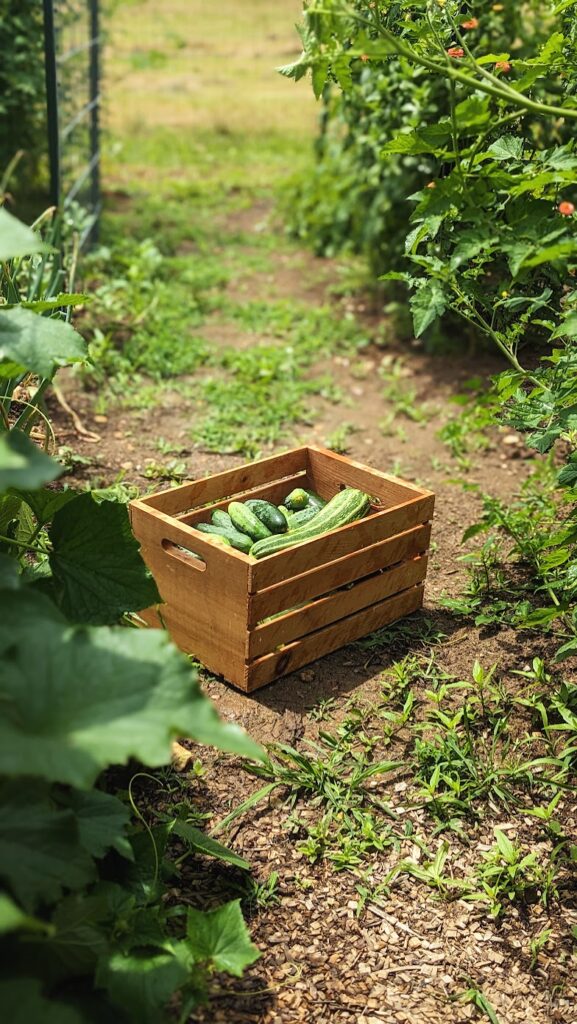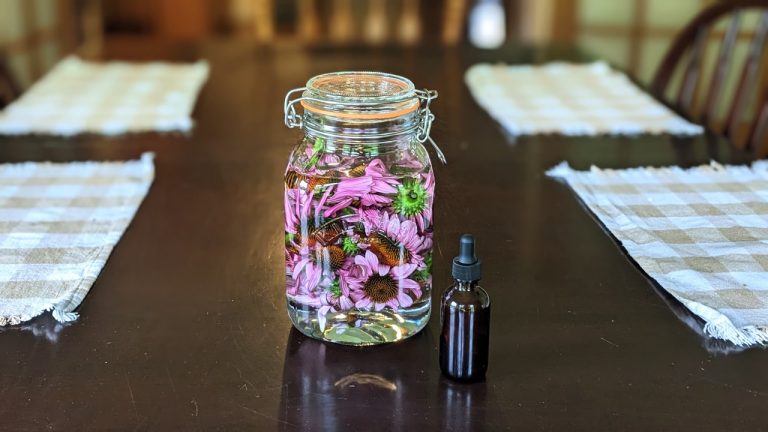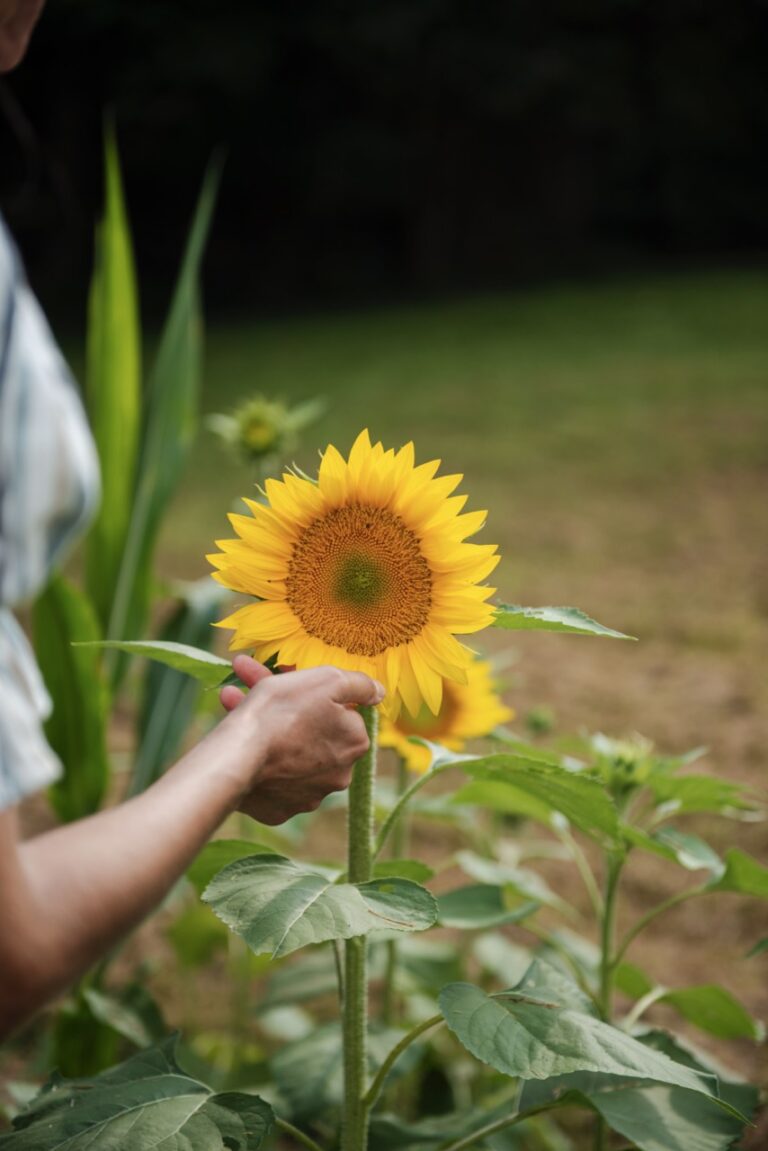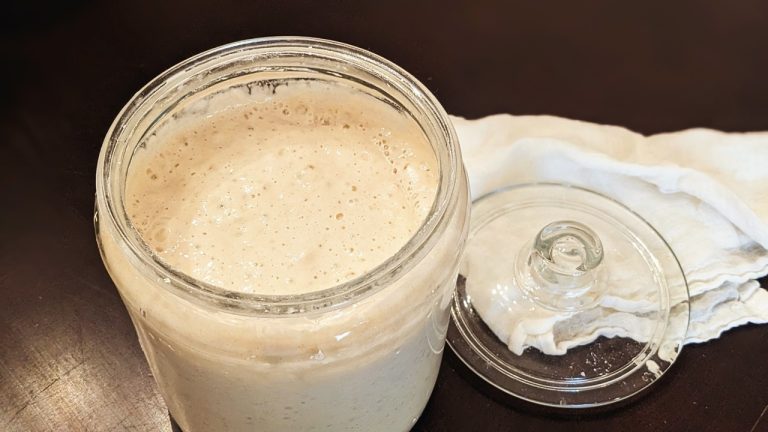Complete Companion Plants Guide for your Garden
As I’ve ventured into the world of gardening, it has been my personal goal to create the best possible garden layout for the most success. Call me a little crazy, but based on the literature and research, companion planting seems to be one of the most effective ways to deter pests, attract pollinators, build diversity, and have long-term sustainability in the garden. Here is what I’ve found and a complete guide (by crop) of companion plant friends, enemies, and additional notes.

A Note about the Guide
- These are notes I have compiled from multiple sources.
- It is by no means exhaustive, but is hopefully helpful in identifying 1) plant friends 2) plant enemies (what plants shouldn’t be put near each other for various reasons and 3) special notes about why those plants don’t go well together in addition to other flowers or herbs that may benefit that particular crop.
- You might see conflicting information depending on the source. When compiling, I tried my VERY best to weed out the one-off companion plant recommendations and instead write only the commonly accepted companion plants. I even bolded the plant friends that were listed in multiple sources (more than 3) for ease and trustworthiness.
Companion Planting Guide
Want a downloadable version of the companion planting guide below? Click here!
General Rules to Companion Planting
- Separate members of similar crop families if possible.
- Cultivate a polyculture garden where different varieties of the same crop are spread out throughout the garden, and many different crops are growing next to each other rather than each crop in its own area. A monoculture makes it easier for pests to feast on their desired crop.
- Diversify by adding herbs, flowers, vegetables and fruit to each area of your garden. This will encourage beneficial insects and pollinators throughout the garden.
- Beneficial insect and pollinator-friendly plants: Alfalfa, alyssum, angelica, basil, borage, buckwheat, butterfly weed, caraway, chervil, clover, coreopsis, coriander (cilantro), cosmos, dandelion, dill, fennel, lavender, lemon balm, lobelia, lovage, mallow, marigold, mint, parsley, prairie sunflower, Queen Anne’s lace, rudbeckia, scabiosa, statice, sunflowers, tansy, thyme, tithonia, zinnia.
Companion Planting Guide
| Type of Crop | Friends (Bolded words are cited in more than one source as a good companion plant) | Enemies | Special Notes |
|---|---|---|---|
| Asparagus | Basil, carrots, calendula, coriander, dill, marigolds, nasturtium, parsley, petunia, tomatoes | Garlic, onions, potatoes | Marigolds, parsley and tomatoes protect against asparagus beetles. |
| Basil | Asparagus, beets, bell peppers, cabbage, chili peppers, eggplant, marigolds, oregano, purslane, potatoes, tomatoes | Rue, thyme (prefers drier soil) | When basil is grown about 1 foot from tomato plants, it will increase the tomatoes yield. It also improves the flavor of lettuce. |
| Beans, Bush | Beets, cabbage, carrot, cauliflower, celeriac, celery, chard, corn, cucumber, eggplant, leek, marigold, parsnip, pea, potatoes, radish, rosemary, strawberry, sunflower | Basil, fennel, kohlrabi. Garlic, onion and shallot stunt the growth of beans. Beans and peas have similar pests. | Marigold deters Mexican bean beetles. Nasturtium and rosemary deter bean beetles. Summer savory deters bean beetles, improves growth and flavor. |
| Beans, Pole | Carrot, cauliflower, chard, corn, cucumber, eggplant, marigold, pea, potatoes, rosemary, strawberry | Basil, beet, cabbage, fennel, kohlrabi, onion family (stunts growth of beans), radish, sunflower. Beans and peas have similar pests. | Marigold deters Mexican bean beetles. Nasturtium and rosemary deter bean beetles. Summer savory deters bean beetles, improves growth and flavor. |
| Beets | Broccoli, brussels sprouts, bush beans, cabbage, cauliflower, chard, garlic, kohlrabi, onions, lettuce | Charlock, field mustard. Pole beans and beets stunt each other’s growth. | Pole beans and beets will compete for growth. Composted beet leaves add magnesium to soil when mixed. Garlic improves growth and flavor. |
| Broccoli (see also Brassica family) | Basil, beets, bush beans, carrots, celery, chamomile, cucumber, dill, garlic, lettuce, marigolds, mint, nasturtiums, onions, radishes, rosemary, sage, spinach, swiss chard, thyme, oregano | Asparagus, cantaloupe, Lima pole and snap beans, mustard, peppers, pumpkins, strawberry, sweet corn, watermelon | Rosemary repels the cabbage fly that is detrimental to broccoli. |
| Brussels Sprouts (see also Brassica family) | Basil, bush beans, beet, carrot, celery, cucumber, lettuce, garlic, mint, nasturtium, onion, peas, potatoes, radish, spinach, tomato, thyme | Kohlrabi, pole bean, strawberry | |
| Cabbage (see also Brassica family) | Beets, bush bean, celery, carrot, chard, dill, lettuce, mint, nasturtium, spinach, onions, potatoes, rosemary, sage, spinach, thyme, tomato | Kohlrabi, pole bean, strawberry, tomatoes | Hyssop, mint, and sage deter cabbage moths. Marigold deters cabbage root maggot fly. |
| Cantaloupe (see also Melons) | Corn | Potatoes | |
| Carrots | Beans, brussels sprouts, cabbage, chive, lettuce, leek, onions, peas, peppers, radish, rosemary, sage, tomatoes | Dill retards growth. Celery, parsnip. Spinach, lettuce, and carrots have similar pests | Chives improve flavor, rosemary deters carrot flies. |
| Cauliflower (see also Brassica family) | Beet, bush bean, carrot, broccoli, brussels sprouts, celery, cucumber, dill, kale, lettuce, mint, nasturtium, onion family, potatoes, rosemary, sage, spinach | Pole bean, strawberry | |
| Celery | Bush bean, brassica family (especially cauliflower), leek, parsley, pea, and tomato, chives, nasturtium | Carrot, parsnip | Chives and garlic deter aphids. Nasturtium deters bugs and aphids. |
| Chard | Bean, brassica family and onion | ||
| Corn | Beet, climbing beans, bush beans, cabbage, cucumber, marjoram, melons (cantaloupe), morning glory, peas, parsley, pumpkins, squash, sunflowers, zucchini | Tomatoes (have similar pests, tomato worms and corn earworms) | Beans and peas supply nitrogen. Odorless marigold and white geranium deter Japanese beetles. Pigweed raises nutrients from the subsoil to where the corn can reach them. |
| Cucumber | Bean, beets, brassica family, corn, pea, radish, tomato | Sage is generally injurious to cucumber. Squash, watermelon and cucumbers have similar pests. | Marigold deters beetles. Nasturtium deters aphids, beetles and bugs, improves growth and flavor. Oregano deters pests in general. Tansy deters ants, beetles, bugs, flying insects. |
| Dill | Broccoli, brussels sprouts, Cabbage, Corn, Cucumber, Lettuce, Onion | Tomato | |
| Eggplant | Bush bean, catnip, pea, pepper, marigold, pepper, potatoes | none | Marigold deters nematodes. |
| Garlic | Beets, carrots, brassicas, chamomile, dill, eggplant, fruit trees, nasturtiums, marigolds, Peppers, potatoes, roses, rue, tomatoes | Asparagus, beans, sage, parsley, strawberries, other alliums | |
| Kale (see also Brassica family) | Beet, bush bean, cabbage, celery, cucumber, dill, garlic, lettuce, nasturtium, onion, peas, pepper, potatoes, spinach, tomato | Pole bean | |
| Leek | Beet, bush bean, carrot, celeriac, celery, onion, parsley, tomato | Bean, pea | |
| Lettuce | Everything, especially beet, brassica family, carrot, corn, onion, pumpkin, radish, strawberry, chives, garlic | none | Chives and garlic deter aphids. |
| Melons | Corn, pumpkin, radish, squash | Squash, watermelon and cucumbers have similar pests. | Marigold deters beetles. Nasturtium deters bugs and beetles. Oregano provides general pest protection. |
| Oregano | Asparagus, cucumber, grapes, lavender, melon, peppers, rosemary, squash, strawberry, thyme, tomato | Mint, chives, basil | |
| Onion family | Beets, brassica family, carrots, kohlrabi, chard, leek, lettuce, parsnip, peppers, spinach, tomatoes, strawberry | Asparagus, bean, pea, sage | Chamomile and summer savory improve growth and flavor. Pigweed raises nutrients from subsoil and makes them available to the onions. Sow thistle improves growth and health. Marigold deters onion root maggot fly. |
| Parsley | Asparagus, apple trees, beans, chives, brassicas, corn, pear trees, peppers, roses, tomato | Dill | Alliums will stunt the growth of parsley. |
| Parsnip | Bush bean, garlic, onion, pea, pepper, potatoes, radish | Caraway, carrot, celery | |
| Peas | Bean, carrot, celery, chicory, chives, mint, corn, cucumber, eggplant, parsley, peppers, radish, spinach, strawberry, sweet pepper, turnip | Garlic and onion stunt the growth of peas. | Chives deter aphids. Mint improves health and flavor. |
| Peppers | Basil, carrot, eggplant, onion, okra, parsnip, pea, tomato | Fennel, kohlrabi | |
| Potatoes | Basil, bush beans, celery, corn, brassica family, eggplant (as trap crop), garlic, horseradish, lettuce, marigolds, onions, parsnip, peas, radishes, spinach | Asparagus, brussels sprouts, carrots, cucumbers, kohlrabi, melons, peppers, raspberries, squash family, sunflowers, strawberry, tomatoes (tomatoes and potatoes are attacked by the same blight). Corn, tomatoes, and potatoes have similar pests. | Cucumbers, tomatoes and raspberries attract harmful pests to potatoes. Horseradish, planted at the corners of the potato patch, provides general protection and disease resistance. Marigold deters beetles. Catmint deters potato beetles. |
| Pumpkin | Beans, corn, eggplant, melons, marigolds, nasturtiums, oregano, radish, squash | Potatoes | Marigold deters beetles. Nasturtium deters bugs, beetles. Oregano provides general pest protection. |
| Radishes | Beans, beets, cabbage, carrots, chervil, chives, corn, cucumbers, kale, lettuce, melon, nasturtium, parsnip, pea, spinach, squash, sweet, potatoes, tomato | Hyssops | Radish plants will work as a trap crop to protect against certain beetles. Chervil and nasturtium improve growth and flavor. |
| Rosemary | Beans, broccoli, brussels sprouts, cabbage, carrot, cauliflower, chive, kale, lavender, marigold, marjoram, oregano, sage, strawberry, thyme | Mint, basil, pumpkin, tomato, cucumber | Rosemary deters cabbage moth. |
| Rutabaga | Nasturtium, onion family, pea | Potatoes | |
| Spinach | Brassica family, celery, cilantro, eggplant, legumes, lettuce, onion, oregano, pea, rosemary, radish, strawberry | Potatoes. Spinach, lettuce, and carrots have similar pests. | |
| Squash (winter, such as butternut and pumpkins) | Beans (pole), buckwheat, corn, calendula, celeriac, celery, corn, dill, marigolds, melon, nasturtiums, onion, oregano, peas, radishes, strawberry, pumpkin, sunflowers | Potatoes | Borage deters worms, improves growth and flavor. Marigold and Nasturtium deter squash bugs and beetles. Oregano provides general pest protection. |
| Squash (summer, such as zucchini) | Beans, corn, dill, garlic, marigolds, nasturtiums, oregano, peas, radishes, spinach | Potatoes and pumpkin | Squash, watermelon and cucumbers have similar pests. |
| Strawberries | Bush beans, borage, caraway, chives, lettuce, onions, peas, sage, spinach, squash, thyme | Brassica family, eggplants, peppers, potatoes, tomatoes | Borage strengthens resistance to insects and disease. Thyme, as a border, deters worms. |
| Tomatoes | Asparagus, basil, bee balm, bush bean, cabbage, family, carrots, celery, chive, cucumber, garlic, head lettuce, marigold, mint, nasturtium, onions, parsley, peppers, pot marigold (calendula), squash | Corn, dill, kohlrabi, pole bean, potatoes. Corn and tomato are attacked by the same worm. Dill, until mature, improves growth and health, but mature dill retards tomato growth. Kohlrabi stunts tomato growth. Potatoes and tomatoes are attacked by the same blight. | Basil, mint, and bee balm improve growth and flavor. Basil repels flies and mosquitoes, improves growth and flavor. Bee balm, chives and mint improve health and flavor. Borage deters tomato worm, improves growth and flavor. Marigold deters nematodes. Pot marigold (calendula) deters tomato worm and general garden pests. |
| Turnips | Onion family, pea | Potatoes | |
| Watermelon | Broccoli, corn, garlic, radishes | Squash, watermelon and cucumbers have similar pests. | Squash, watermelon and cucumbers have similar pests. |
| Brassica Family (Broccoli, Brussels Sprouts, Cabbage, Cauliflower, Chinese Cabbage, Kale, and Kohlrabi) | Beet, celery, chard, cucumber, lettuce, onion, potatoes, spinach | Kohlrabi and tomato stunt each other’s growth. Cabbage, broccoli, cauliflower, and kale have similar pests. | Chamomile and garlic improve growth and flavor. Catnip, hyssop, rosemary and sage deter cabbage moth. Dill improves growth and health. Mint deters cabbage moth and ants, improves health and flavor. Nasturtium deters bugs, beetles, aphids. Southernwood deters cabbage moth, improves growth and flavor. Tansy deters cabbageworm and cutworm. Thyme, Dill, sage, and chamomile deter cabbageworm. Marigold deters onion root maggot fly and cabbage root fly. |






